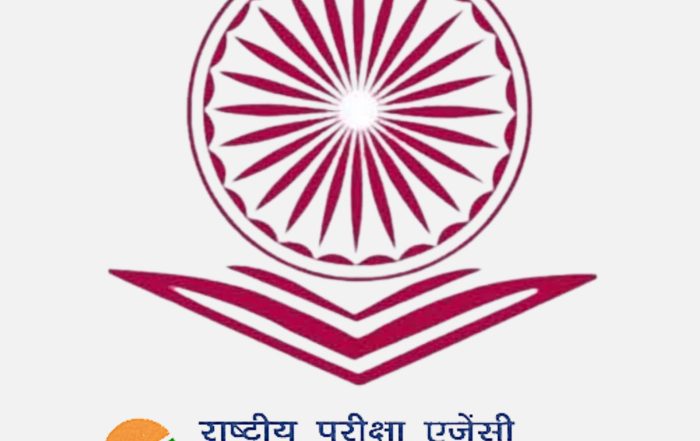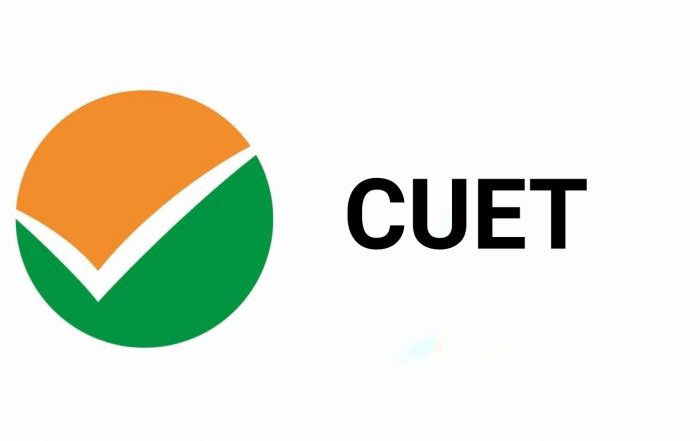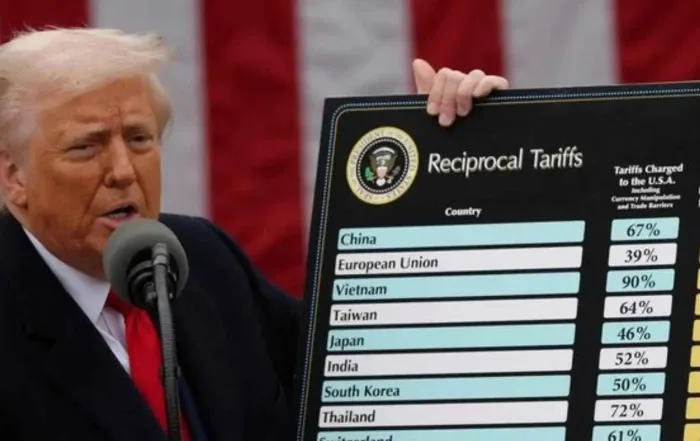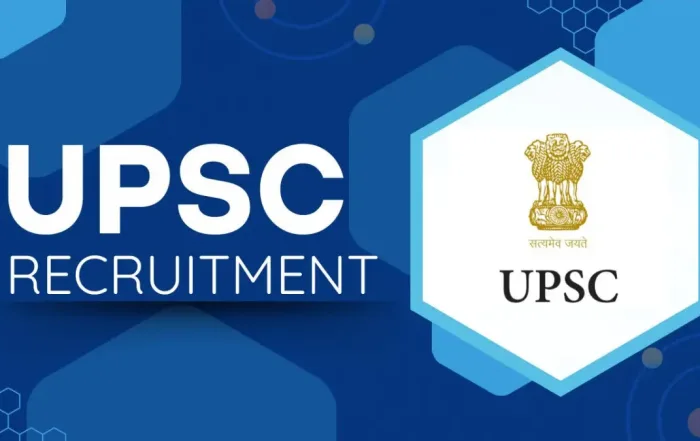RECENT POSTS
CUET UG 2025 Results Declared by NTA: Over 10.7 Lakh Students Appeared
The National Testing Agency (NTA) officially declared the CUET (UG) 2025 results on Friday. This year’s Common University Entrance Test (Undergraduate) saw a massive turnout, with more than 13.5 lakh candidates registered and over 10.7 [...]
Trump Administration to Notify Countries of New Tariff Rates Starting Friday
U.S. President Donald Trump announced that his administration will begin sending official notifications to trade partners regarding updated tariff rates as early as Friday. The move comes as the U.S. pushes to conclude ongoing trade [...]
Indian Navy BTech Entry 2025: Apply Now for 10+2 Cadet Entry Scheme (Permanent Commission)
The Indian Navy has officially opened applications for the 10+2 BTech Cadet Entry Scheme 2025, offering a prestigious opportunity for young, aspiring students to join as Permanent Commission Officers. This entry route is available for [...]
Pakistan Faces Water Crisis After Indus Treaty Suspension by India—Sharif Announces Emergency Measures
Amid growing geopolitical tensions, Pakistan Prime Minister Shehbaz Sharif announced urgent measures to increase the country’s water storage capacity following India’s suspension of the Indus Waters Treaty (IWT) in April. The move comes as Islamabad [...]
SSC CHSL 2025 Notification Released: 3,131 Vacancies, Apply Online by July 18
The Staff Selection Commission (SSC) has released the official notification for the Combined Higher Secondary Level (CHSL) Examination 2025, announcing 3,131 vacancies across various Group C posts. The notification was published on June 23, 2025, [...]
Who Will Choose the Next Dalai Lama? China, the Golden Urn, and the Battle for Tibet’s Spiritual Future
The future of Tibetan spiritual leadership is under global scrutiny, centered around a centuries-old ritual: the Golden Urn method. At the heart of this debate is the succession of the 14th Dalai Lama, Tenzin Gyatso, [...]
UPSC Recruitment 2025: Apply Online for Central Government Vacancies at upsconline.gov.in
The Union Public Service Commission (UPSC) has officially announced the launch of its recruitment drive for 2025, inviting applications for multiple high-profile central government vacancies. The posts include Regional Director, Scientific Officer, Legal Officer, Administrative [...]
India and US Near Interim Trade Deal to Avert Tariffs Amid Strengthening Bilateral Ties
India is poised to finalize an interim trade agreement with the United States as early as this week, aiming to prevent steep tariffs announced by former President Donald Trump. According to sources familiar with the [...]
Rajasthan High Court Recruitment 2025: 5,728 Grade IV (Peon & Driver) Vacancies Announced
The Rajasthan High Court has released a massive recruitment notification for Grade IV posts, offering a golden chance for aspirants looking for government jobs in Rajasthan. A total of 5,728 vacancies are available, including 5,670 [...]
Telangana Chemical Factory Blast: 12 Dead, Dozens Injured in Sangareddy District Explosion
A devastating explosion followed by a massive fire at a chemical factory in Telangana’s Sangareddy district has claimed 12 lives and injured over 30 others, according to Telangana Minister Damodara Raja Narasimha. Fire at Sigachi [...]













